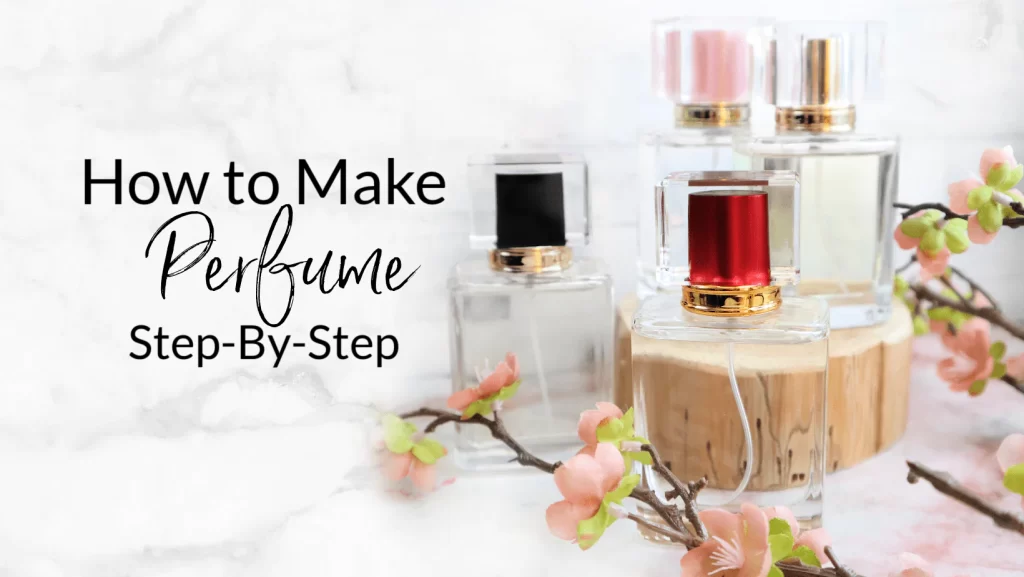Creating your own perfume is a delightful and rewarding endeavor that allows you to craft a scent that truly reflects your personality and preferences. Unlike store-bought perfumes, homemade fragrances offer customization, authenticity, and a personal touch. With just a few essential ingredients and tools, you can embark on this aromatic journey and create your signature scent.
Understand the Basics
Perfume making revolves around blending three key components: base notes, middle or heart notes, and top notes. These are the layers of scent that unfold over time when applied. The base notes, such as sandalwood or vanilla, provide depth and longevity. Middle notes, like rose or lavender, add balance and character. Top notes, including citrus or mint, give the initial impression and evaporate quickly. Understanding how these notes interact is crucial in creating a harmonious blend.

Sep 2: Gather Your Supplies
To make your perfume, you will need essential oils for fragrance, a carrier oil like jojoba or sweet almond oil, alcohol such as vodka for dilution, distilled water, a small funnel, and glass bottles for storing your creation. A notebook to document your recipe is also handy, as you might want to recreate or refine your blend later.
Experiment with Blending
Start by choosing your desired scent profile. Do you prefer floral, woody, or citrusy notes? Begin with small quantities, such as five drops of a base note, 10 drops of a middle note, and 15 drops of a top note. Mix the essential oils in a glass container and smell the combination. Adjust the ratios if needed, aiming for a balanced blend that resonates with you.
Add the Carrier and Alcohol
Once you are satisfied with your blend, add 2 tablespoons of your carrier oil to the essential oils. This step helps dilute the essential oils, making the perfume safe for skin application. Then, add 2-3 tablespoons of alcohol, which acts as a solvent and enhances the dispersion of the scent. Shake the mixture gently to combine.
Let It Mature
Allow the perfume to sit in a cool, dark place for 48 hours to a month. This maturation process helps the notes meld together and develop their full potential to make your own perfume. The longer you wait, the more nuanced and well-rounded the scent will become.
Finalize Your Perfume
After maturation, add 2 tablespoons of distilled water to the mixture and strain it into a clean glass bottle using a small funnel. Give the bottle a final shake, and your homemade perfume is ready to use.
Homemade perfume making is not only an artistic pursuit but also an eco-friendly alternative to commercial fragrances. With practice, you will discover endless possibilities for crafting scents that reflect your individuality, making this journey a truly enriching experience.